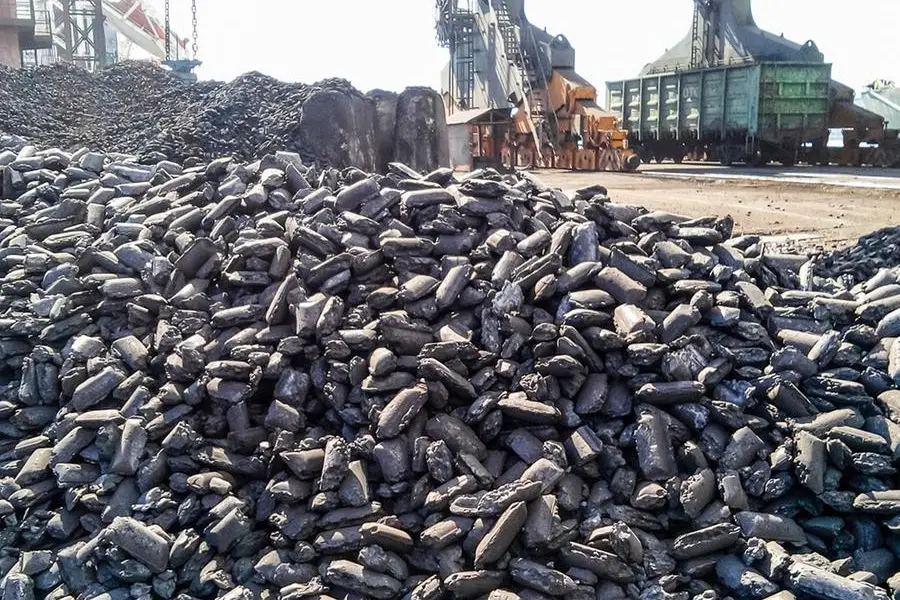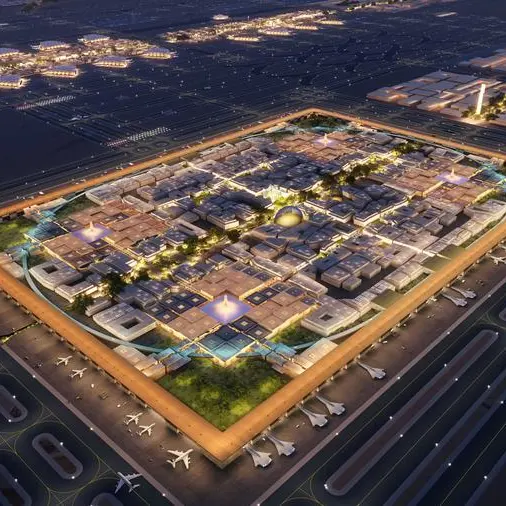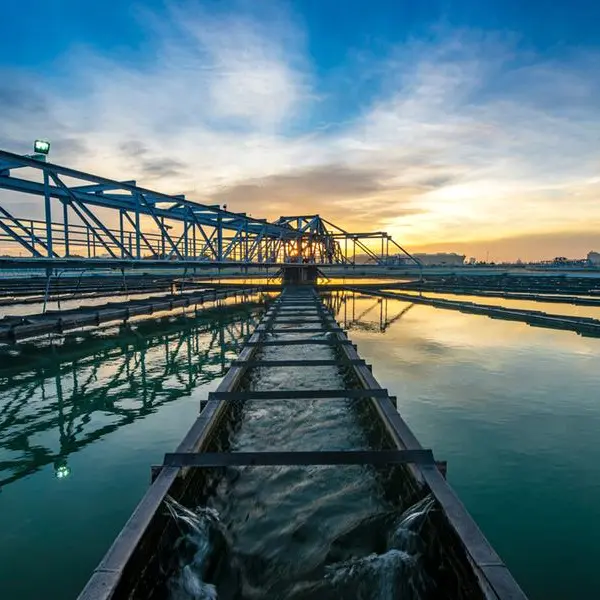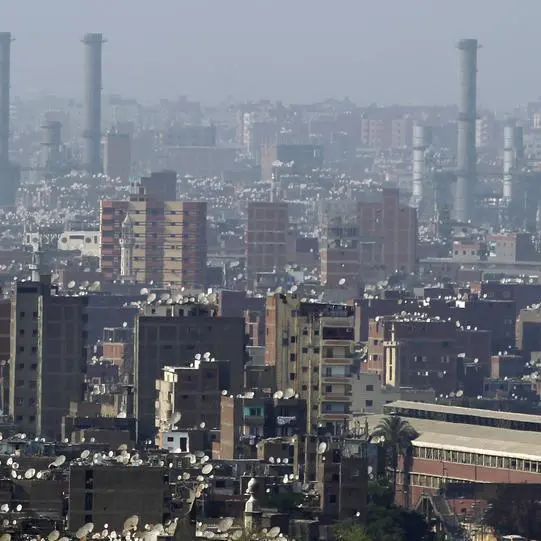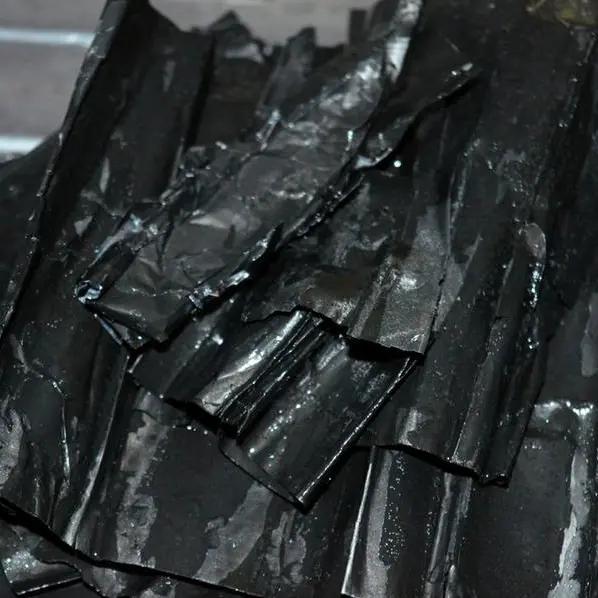PHOTO
Brazil-headquartered Vale has signed three Memoranda of Understanding to study the feasibility of establishing mega industrial complexes to make low carbon steel products in the Gulf Cooperation Council (GCC) region.
The industrial hubs will produce hot briquetted iron and steel products for the local and export markets with significantly lower carbon emissions, a press statement from Vale said.
The MoUs were signed with
- Saudi Arabia’s National Industrial Development Centre on 26 October 2022, for a hub at Ras Al Khair Industrial City.
- Emirates Steel Arkan (ESA) on 27 October 2022, for a hub at Khalifa Economic Zone Abu Dhabi (KEZAD).
- The Ministry of Commerce, Industry and Investment Promotion of the Sultanate of Oman on 30 October 2022 for a hub at Duqm Special Economic Zone.
Vale is to build and operate concentration and briquetting plants within the hubs to provide secure supply of high-grade agglomerated products; local parties will be responsible for the construction of the logistics infrastructure; and investors and/or clients are expected to construct and operate the direct reduction plants and offtake the HBI for the export or domestic markets, the statement said.
Vale’s Chief Executive Officer Eduardo Bartolomeo said: “With this initiative Vale will guarantee the availability of high-grade agglomerated products and foster the expansion of the low carbon steel industry.”
Marcello Spinelli, Vale’s Executive Vice President, Iron Ore, said: “We see a great potential in the direct reduction route, with the demand for these high-grade agglomerated products growing 100 Mt in the next 15-20 years. We shall structurally increase our supply of these highly valuable agglomerated products over the next years, improving the value of our product portfolio. We strongly believe that the Middle East, with its competitive energy prices, strategic location and entrepreneurial mindset, has a unique set of conditions to successfully develop these integrated hubs.”
This initiative contributes to Vale’s commitment to reduce 15 percent of net scope 3 emissions by 2035. “The production of HBI using natural gas emits around 60 percent less CO2 than the pig iron production through the integrated BF-BoF route. In the future, the replacement of natural gas by hydrogen and the usage of renewable energy could totally eliminate carbon emissions,” the statement added.
Vale’s green briquettes were under development for 20 years and were first announced last year. The product was initially designed to replace direct charge and sinter products in the integrated blast furnace-basic oxygen furnace (BF-BoF) steelmaking route, potentially reducing carbon emissions up to 10 percent. Green briquettes can also be used in the direct reduction route (as in the Mega Hubs), offering an even “greener” option to the steelmaking sector, the statement noted.
To date, Vale has signed agreements with more than 30 clients for the development of joint solutions to decarbonise the steel industry. These clients represent around 50% of the company’s scope 3 emissions.
(Writing by Sowmya Sundar; Editing by Anoop Menon)
(anoop.menon@lseg.com)
